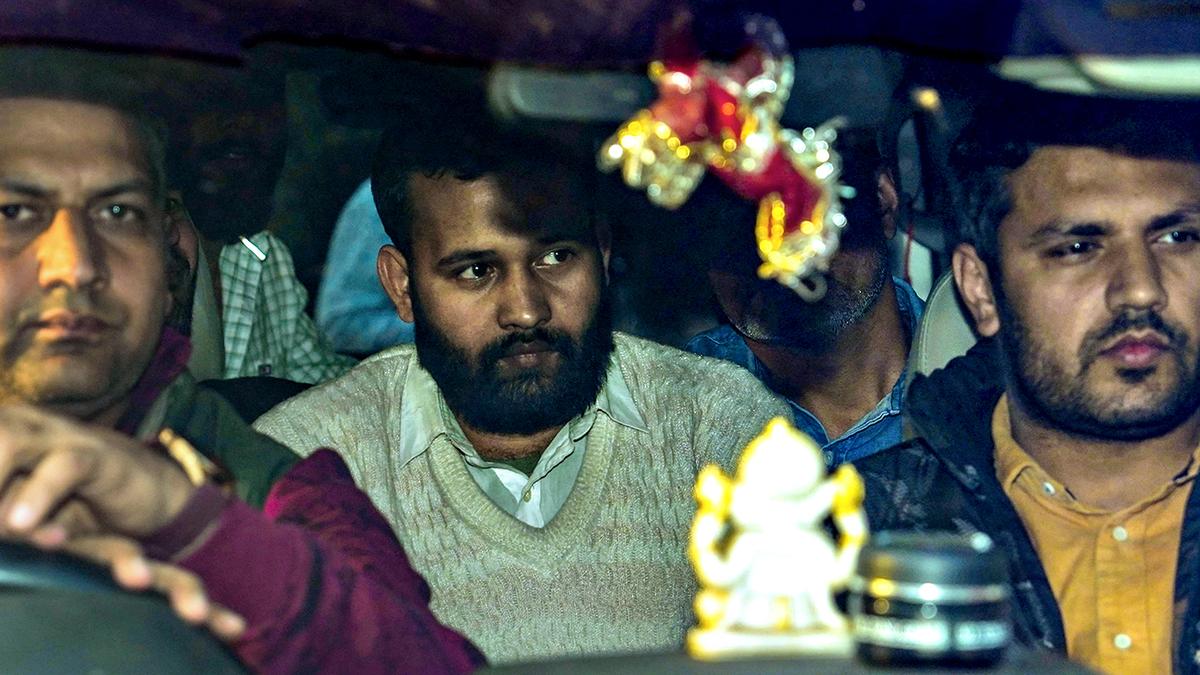
Parliament breach: Police recover pieces of burnt phone, charges of evidence destruction to be added
The Hindu
Delhi Police recovers fragments of burnt mobile phones from Rajasthan's Nagaur in Parliament security breach case.
Four days after the Parliament’s security was breached, the Delhi Police has recovered fragments of some broken and burnt mobile phones from Rajasthan's Nagaur, an official said on Sunday.
Police have added IPC sections related to destruction of evidence to the FIR against the accused.
An officer privy to the investigations said a few pieces of mobile phones have been recovered on Saturday on the instance of Lalit Jha, who was among six arrested by the police in connection to the case.
A team of Delhi Police's Special Cell on Saturday took Jha to Rajasthan's Nagaur where he stayed with the help of accused Mahesh Kumawat, officials said.
Sources said that the Delhi Police has decided to add more IPC sections, including Section 201 (destruction of evidence/disappearance of evidence) in the FIR registered on December 13. Police have filed terrorism charges under the stringent UAPA against the accused.
Police officials said Jha and Kumawat intentionally destroyed the mobile phones to hide technical evidence related to the case.
The Delhi Police have arrested six persons so far – Sagar Sharma, Manoranjan D, Amol Shinde, Neelam Devi, Lalit Jha and Mahesh Kumawat for their alleged involvement in the Parliament security breach case.













